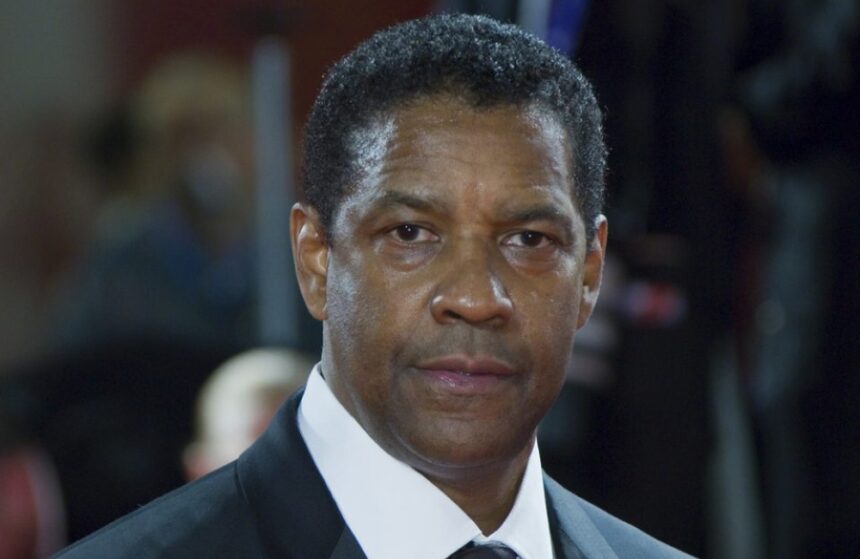The anticipation surrounding Gladiator II has taken an unexpected turn as Academy Award winner Denzel Washington and acclaimed director Ridley Scott find themselves in a public discourse over a contested scene. The discussion centers on a reportedly filmed but ultimately excluded same-sex kiss between Washington’s character Macrinus and another male character, thrusting the film into a broader conversation about representation in historical epics. The situation has gained significant attention, particularly given the film’s $165 million production budget and high expectations from audiences worldwide.
Behind the curtain
Deep within the production process of Gladiator II, tensions emerged regarding the portrayal of intimate scenes. Washington‘s character Macrinus, developed as a complex figure with fluid attractions, originally included moments that pushed conventional boundaries for historical epics. The seasoned actor’s initial disclosure about filming an intimate scene with another male character immediately captured public attention.
Production sources reveal that multiple versions of several scenes were filmed during the extensive shooting schedule, a common practice in large-scale productions. The specific scene in question underwent several iterations before final decisions were made in the editing room. Industry insiders suggest that such extensive filming and subsequent editing is standard practice for films of this magnitude.
Directorial perspective
Scott’s emphatic denial of the scene’s existence adds layers to the unfolding narrative. The veteran director, known for his meticulous attention to detail and artistic vision, maintains that while the moment was acted, no kiss was filmed. This contradiction between star and director highlights the often complex nature of film production, where multiple versions of scenes may be rehearsed but not all make it to the final cut.
The director’s track record with historical epics, including the original Gladiator and Kingdom of Heaven, demonstrates his commitment to balancing historical authenticity with contemporary storytelling. Scott’s previous works have often pushed boundaries while maintaining commercial appeal.
Production insights
Industry veterans familiar with the production process suggest that countless scenes often face elimination during post-production. The film’s editor, working closely with Scott, made numerous decisions to shape the final narrative. Supporting cast member Connie Nielsen provided context by revealing that several significant scenes, including her character’s emotional moments, were also left on the cutting room floor due to time constraints rather than content concerns.
The editing process for Gladiator II spanned several months, with multiple test screenings influencing the final cut. These screenings, standard practice for major studio releases, often lead to significant changes based on audience reactions and pacing considerations.
Cultural impact
The discussion surrounding the contested scene reflects broader industry challenges regarding LGBTQ+ representation in mainstream cinema, particularly in historical epics. Historical records indicate the presence of same-sex relationships in ancient Rome, adding complexity to debates about historical accuracy versus modern sensibilities.
Similar controversies have emerged in recent years with other major releases, including scenes cut from blockbusters like Thor: Love and Thunder and Black Panther: Wakanda Forever. These incidents highlight ongoing discussions about representation in big-budget films.
Industry evolution
Modern cinema continues to grapple with inclusive storytelling while maintaining broad market appeal. Recent successful films featuring LGBTQ+ content demonstrate evolving audience expectations and market readiness for diverse narratives. However, the balance between artistic expression and commercial viability remains a crucial consideration for studio executives.
Market considerations
With its substantial budget and global distribution plans, Gladiator II faces complex market dynamics. International release strategies often influence content decisions, particularly regarding intimate scenes. The film’s marketing campaign has focused on its epic scale and action sequences, with character relationships playing a secondary role in promotional materials.
Future implications
The controversy surrounding Gladiator II may influence how future historical epics approach similar themes. As audiences become increasingly vocal about representation, filmmakers face growing pressure to balance historical context with contemporary social awareness. This incident could serve as a catalyst for more open discussions about content decisions in major studio productions.









